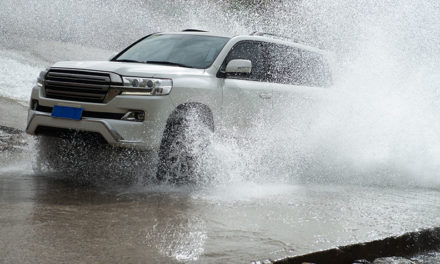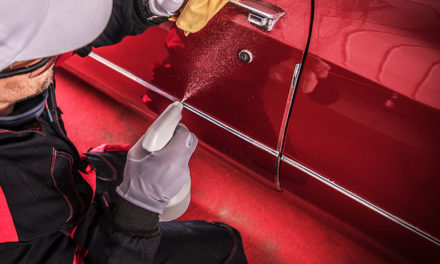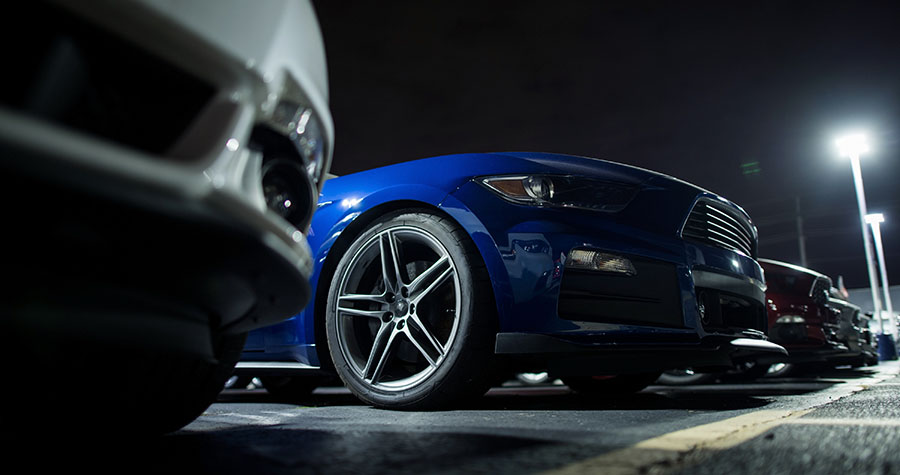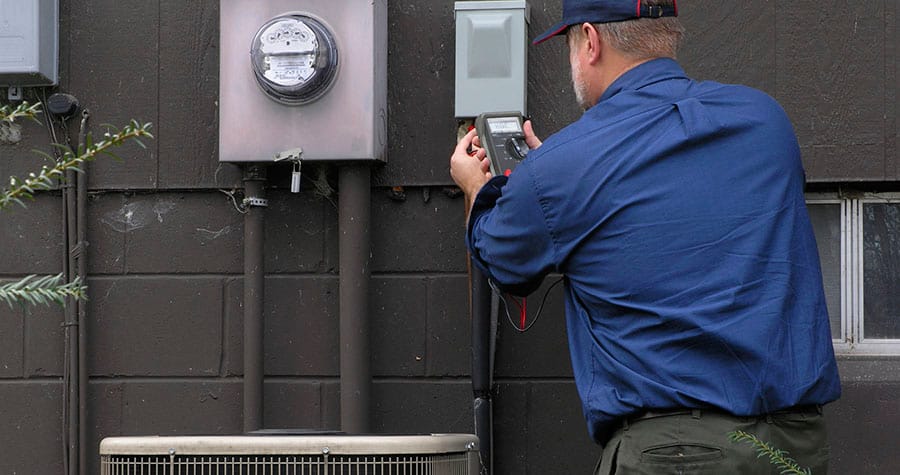Car tinting laws in Virginia are strict and are updated almost every year. The state gives its patrolling officers the right to stop vehicles that are suspicious of carrying tints above the legal limit. So, if you are someone living in Virginia and want to become familiar with the Virginia tint laws, you are at the right place. We are going to discuss the auto window tinting laws in Virginia so that you do not end up in legal troubles down the road.
Can a police officer in Virginia pull me over for tinted windows?
Yes, as mentioned earlier, the police officers in Virginia have the right to stop suspicious vehicles and run an inspection of the tint level. If the tints happen to be above the legal limit, the officer will most probably issue a ticket. The law against dark window tints is supposedly to make sure that the driver is clearly able to look outside and is aware of the surroundings.
However, some people argue that it is so that the police officers can look inside as well. This way, they can easily catch suspicious individuals and activities like drinking or carrying firearms.
What does the Virginia car tinting law say?
In 1999, Virginia passed a law called “Virginia Tint Law” that regulates and checks the degree to which various vehicles can be darkened through tinting. The tint level is measured by the percentage of light that can pass through the tinted windows. It is called Visible Light Transmission.
However, keep in mind that Virginia has different tint laws in place for varying vehicle types such as SUVs, vans, cars, etc.
What percentage of tints are allowed?
For standard vehicles, Virginia does not allow the windshield to be tinted except for above the manufacturer’s AS-1 line. There is no restriction on the level of tinting above the AS-1 line. Furthermore, the maximum tinting limit for the front side windows is 50%, the back side windows tints is 50% and the maximum tinting limit for the rear window tint is 35%.
Moreover, for multi-passenger vehicles, the maximum tinting limit for the front-side windows is 35%, while the back-side windows and rear windows do not carry any restrictions related to tinting.
How reflective can the tints be in Virginia?
In addition to the percentage of light passing through the film, the Virginia tint Law also has certain rules regarding the amount of tint reflection allowed. For standard automobiles, the front side windows cannot be more than 20% reflective, while the back side windows shouldn’t be more than 20% reflective as well. Moreover, for multi-passenger vehicles, the same rules apply.
Are there any other laws related to window tinting?
The Virginia tint Law is not only concerned with the darkness of the tints or the reflectiveness but there are also some other rules that are equally important and need to be considered. For instance, if the vehicle owner is suffering from a medical condition, he/she can obtain a medical waiver from the doctor and make an exemption about the tint darkness.
Plus, if the back window of the vehicle is tinted, then dual side mirrors will be required. Furthermore, tints in certain colors such as Yellow, Red, and Amber are not allowed as they can cause a distraction to the upcoming traffic and lead to serious accidents.
Why tint your car windows?
There are several reasons for window tinting based on the needs and preferences of the drivers. For instance, some might want privacy while others may simply want to improve the aesthetic appeal of their vehicle. It could also be that someone is suffering from a medical condition and cannot afford direct exposure to sunlight.
Moreover, some people also get tints installed to protect their vehicle’s interior from direct UV contact. And finally, if your routine demands carrying or transporting valuable items on a daily basis, you can get the tints installed to keep the items away from prying eyes.
Final Word
The Virginia Tint Law is both simple and easy to follow. Ignoring the law can lead to heavy fines and impounding of the vehicle. Therefore, if you plan on getting your car windows tinted from window tint shops Springfield, make sure you are aware of the laws that surround them.




















